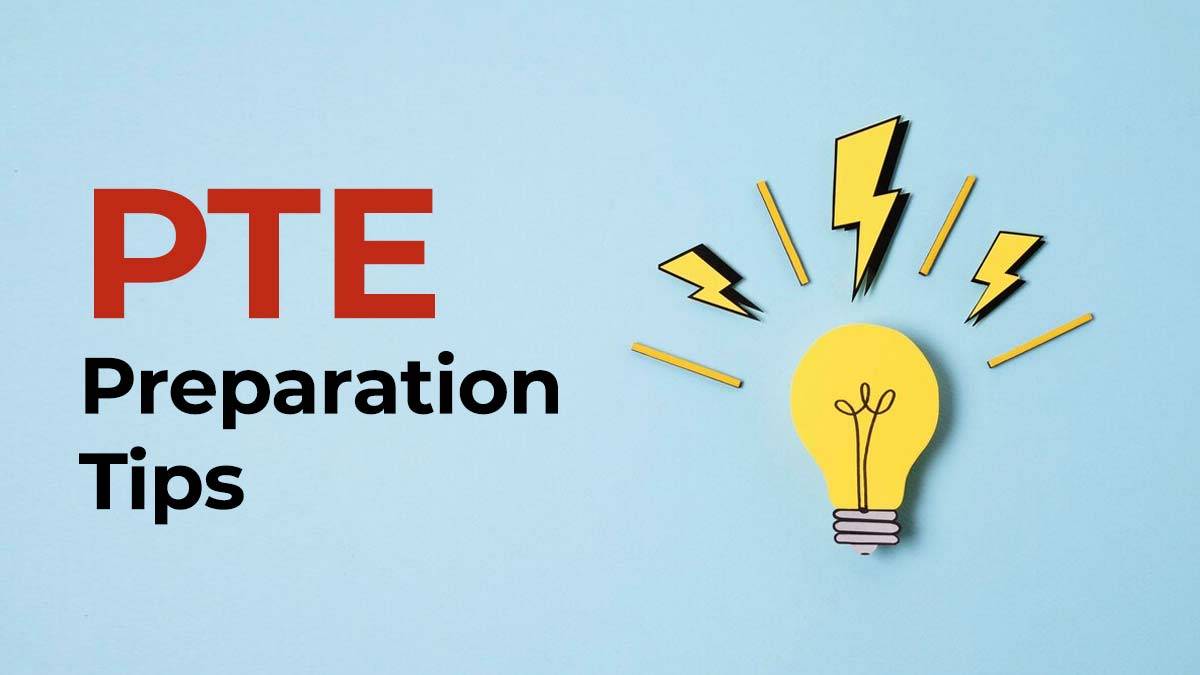Introduction to the Japanese Language:
The Japanese language, spoken by over 128 million people primarily in Japan, holds a rich linguistic and cultural heritage. Its unique writing systems, including Kanji, Hiragana, and Katakana, contribute to its distinctiveness. Japanese is renowned for its politeness levels, complex honorific system, and intricate grammatical structures, making it a fascinating language to learn and explore.
History and Evolution of the Japanese Language:
The history of the Japanese language spans thousands of years, evolving through various stages influenced by interactions with neighboring cultures, particularly Chinese. Old Japanese, Middle Japanese, and Modern Japanese represent significant phases in its development, with borrowings from Chinese characters and indigenous Japanese roots shaping its vocabulary and writing systems.
Writing Systems in Japanese: Kanji, Hiragana, and Katakana:
Kanji, characters borrowed from Chinese, form the backbone of Japanese writing, representing concepts and ideas. Hiragana and Katakana, syllabaries consisting of phonetic characters, complement Kanji, providing phonetic readings and flexibility in written expression. Mastery of all three writing systems is essential for proficiency in reading and writing Japanese.
Japanese Language Proficiency Levels: JLPT and CEFR:
The Japanese Language Proficiency Test (JLPT) is a standardized exam that assesses the language proficiency of non-native Japanese speakers. It consists of five levels, from N5 (beginner) to N1 (advanced), providing a framework for learners to gauge their skills. The Common European Framework of Reference for Languages (CEFR) also offers a comparative scale for Japanese proficiency, aligning with global language standards.
Politeness and Honorifics in Japanese:
Japanese culture places great emphasis on politeness and respect in communication. The honorific system, including suffixes like “-san,” “-sama,” and “-sensei,” reflects hierarchical relationships and social etiquette. Understanding and utilizing appropriate honorifics are crucial for effective communication in various contexts, from formal business settings to casual interactions.
Grammar and Syntax in Japanese:
Japanese grammar features intricate sentence structures, including subject-object-verb word order, particles to indicate grammatical functions, and verb conjugations based on tense, politeness, and formality. Mastery of grammar nuances, such as keigo (formal language) and casual speech, is essential for accurate expression and comprehension.
Japanese Language Learning Resources and Tools:
Numerous resources are available for learning Japanese, including textbooks, online courses, language exchange programs, and immersive experiences. Websites, apps, and flashcards offer interactive learning platforms, while language schools and tutors provide structured instruction tailored to individual needs. Consistent practice and exposure are key to mastering the Japanese language.
Cultural Insights Through Japanese Language Study:
Studying Japanese language opens doors to deeper cultural understanding, including traditional arts like tea ceremony (茶道, sadō) and calligraphy (書道, shodō), as well as modern phenomena like anime, manga, and pop culture. Language learners gain insights into Japanese values, customs, and societal norms, enriching their appreciation of Japan’s diverse heritage.
Career Opportunities and Benefits of Japanese Language Proficiency:
Proficiency in Japanese offers diverse career opportunities in fields such as business, diplomacy, education, translation, and tourism. Companies seek employees with Japanese language skills to engage with Japanese clients, expand market reach, and foster international partnerships. Moreover, Japanese proficiency enhances cultural competence and global mobility, opening doors to exciting prospects worldwide.
Tips for Learning Japanese Effectively:
Learning Japanese requires dedication, patience, and consistent practice. Immersion experiences, such as studying abroad or participating in language exchange programs, accelerate language acquisition. Setting achievable goals, incorporating daily practice routines, and embracing challenges with enthusiasm are key strategies for success in mastering the Japanese language.






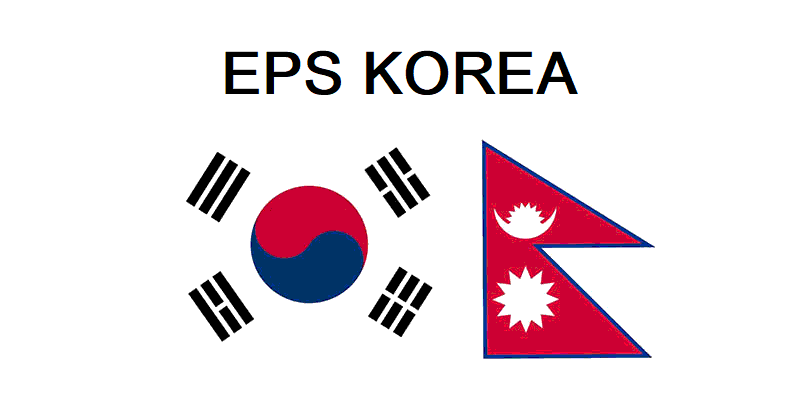

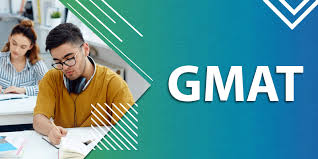
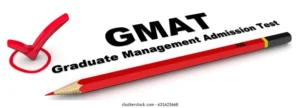
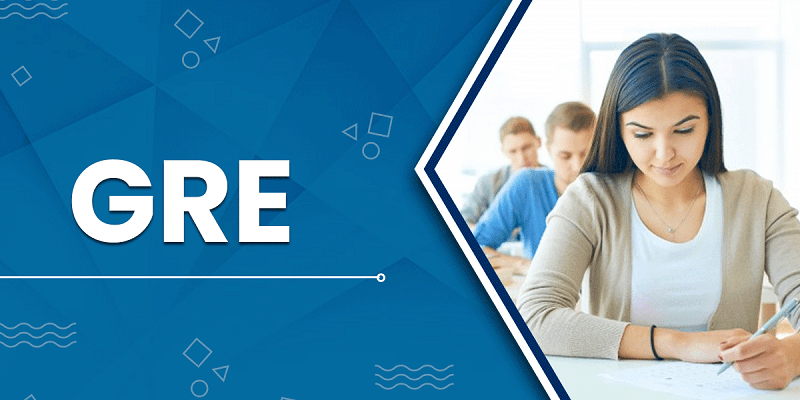
 The Graduate Record Examinations (GRE) is a standardized test commonly used for admissions into graduate programs worldwide. Developed and administered by the Educational Testing Service (ETS), the GRE assesses a test-taker’s readiness for graduate-level academic work. It measures verbal reasoning, quantitative reasoning, critical thinking, and analytical writing skills.
The Graduate Record Examinations (GRE) is a standardized test commonly used for admissions into graduate programs worldwide. Developed and administered by the Educational Testing Service (ETS), the GRE assesses a test-taker’s readiness for graduate-level academic work. It measures verbal reasoning, quantitative reasoning, critical thinking, and analytical writing skills.
